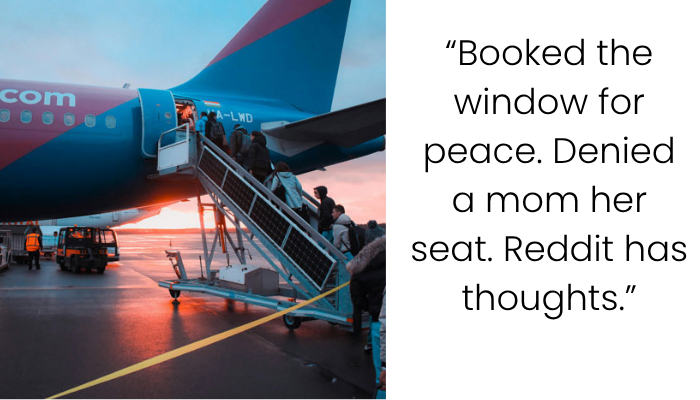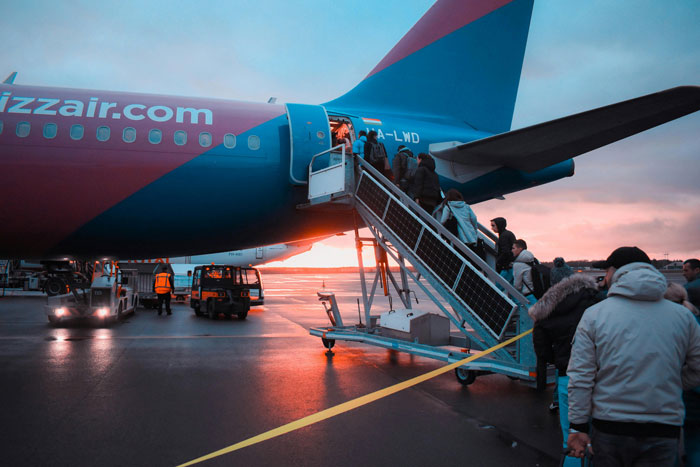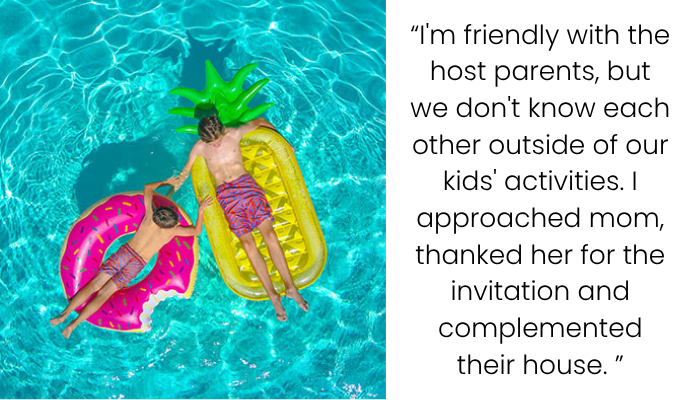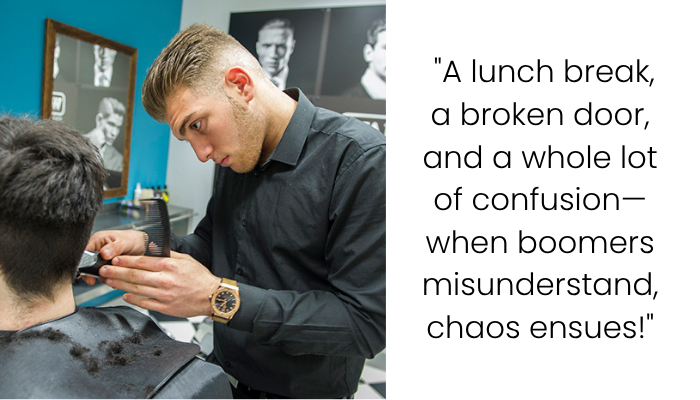Am I the AITAH for Refusing to Give Up My Window Seat on a 10‑Hour Flight?

A 24-year-old professional booked and paid extra for a window seat on a lengthy international flight to manage travel anxiety and mild motion sickness. Upon boarding, she discovered two children already in her row, with their mother nearby. The mother politely requested the seat so she could sit with her kids—but the seat being offered in return was a middle seat at the back. After refusing, the mother’s tone shifted: she accused the passenger of choosing “a view over a mother” and made passive-aggressive remarks to crew and other passengers.
Advertisement – Continue Reading Below
Online reactions are mixed—some say the passenger was rightful to keep a seat she paid for, while others feel she should have relinquished it for traveling children. Now, the original poster seeks a neutral take on whether holding her ground was justified.
Modern air travel seems to be getting worse by the flight, as this woman found out the hard way

She’s not good with flying, so she always books a window seat, claiming it helps with her airsickness














1. Airplane Seat Etiquette & Passenger Rights
Most travel etiquette guides emphasize that passengers are under no obligation to switch seats—especially when moving from a better seat (window/aisle) to a middle or farther-back location fodors.com+12reddit.com+12boredpanda.com+12boredpanda.comcommunity.ricksteves.com+4dailypassport.com+4thesun.co.uk+4. A polite “No, thank you, I prefer this seat” is considered appropriate.
Advertisement – Continue Reading Below
The Association of Flight Attendants supports this stance, noting that people often choose seats for specific needs such as minimal anxiety, quick access, or legroom—which justifies declining a swap dailypassport.com.
2. When Is It Considered Polite to Switch?
Seat swaps are commonly accepted if the exchange is fair—for instance, trading aisle for aisle or window for window—or when accommodating passengers with medical needs or young children reddit.com+15dailypassport.com+15community.ricksteves.com+15.
However, providing the window seat to a middle-seat family in the back doesn’t meet this criterion. Etiquette expert Diane Gottsman advises against pressuring someone to give up a more desirable seat without offering something equivalent nypost.com+6thesun.co.uk+6people.com+6.
Advertisement – Continue Reading Below
3. Travel Anxiety & Motion Sickness Factors
The passenger’s reasons—managing travel anxiety and motion sickness—are valid. Mental health professionals acknowledge that window seats can significantly ease anxiety by offering visual reference and a sense of control during flight. Passengers with vestibular sensitivity also benefit from stable visuals boredpanda.com+2reddit.com+2cheezburger.com+2.
These are legitimate travel considerations, not mere preferences or selfish demands.
4. Parental Perspective vs. Personal Boundaries
Parents may feel compelled to sit beside their children in flight, but airlines often allow seat selection in advance to accommodate families. If a family couldn’t secure such seats ahead, it results from their own planning—not a justification to inconvenience others cntraveler.com+2people.com+2nypost.com+2.
Advertisement – Continue Reading Below
That said, empathy can go a long way. A fairer approach by the family could have been offering a direct seat swap (e.g., window for window earlier in the cabin) or requesting assistance from a flight attendant to find adjacent seats without pressuring another passenger.
5. Conflict Handling and Setting Boundaries
Once the passenger declined the swap, she maintained composure and did not escalate. Etiquette experts suggest that in such situations, sticking to a firm yet polite refusal—and signaling “request closed” (e.g., putting on headphones)—is the best protocol nypost.com+2dailypassport.com+2onemileatatime.com+2nypost.com.
If pressure continued, one may politely involve cabin crew to mediate “since we both have reasons”. But no one is obliged to give up a seat they chose and paid extra for .
Advertisement – Continue Reading Below
6. Real-Life Examples and Industry Insight
A recent case from People mirrored this scenario: a Gen Z woman refused a mother’s request for her seat, citing anxiety, and was later called selfish—but public support was overwhelmingly on her side boredpanda.com+5people.com+5newsweek.com+5. Travel experts emphasized that seat fees confer rights, and it’s inappropriate to expect someone to give that up cheezburger.com+8thesun.co.uk+8nypost.com+8.
Another viral instance covered by Bored Panda showed a traveler being berated by a mom after refusing. These stories highlight how cultural assumptions about “compassion” don’t override personal boundaries or contractual purchase .
7. Ethical vs. Personal Responsibility
- Ethical decision: The passenger acted fairly—she provided snacks to the children and remained polite throughout.
- Responsibility burden: The mother assumed others must accommodate her needs despite failing to plan seat selection.
- Balance: Social empathy is admirable but should rarely override personal necessities, especially during long flights.
High CPC keywords: ethical travel behavior, passenger courtesy, social norms in travel
Advertisement – Continue Reading Below
8. Neutral Verdict: NTA with Mixed Nuance
The passenger is Not the A—she paid for the seat and had personal health reasons. This is supported by etiquette experts and travel resources people.comcntraveler.comdailypassport.com.
However, had the mother offered an equitable seat swap or sought assistance from the crew, the interaction may have been smoother. The passenger’s composure under scrutiny shows emotional intelligence, but the scenario reflects broader tensions between self-care and communal goodwill.
Conclusion & Takeaways
- ✅ Legal and ethical: Holding onto a paid seat, especially for health reasons, is legitimate.
- ✅ Good etiquette: A brief, polite refusal without over- explaining is ideal.
- ✅ For families: Plan ahead, reserve seats early, or negotiate fairly—not demand or shame.
- ✅ Travel tip: If comfortable, a small incentive (e.g., vouchers or perks) can facilitate compassionate seat swaps—but no obligation exists.
Final verdict: The passenger is not the asshole for refusing the swap. Her need to manage anxiety and motion sickness—in a seat she specifically paid for—outweighs the mother’s discomfort, especially without a fair, comparable offer.
Advertisement – Continue Reading Below
In the comments, readers swiftly agreed the woman was not the jerk in the equation and slammed the entitled mom for her poor planning and bad attitude












